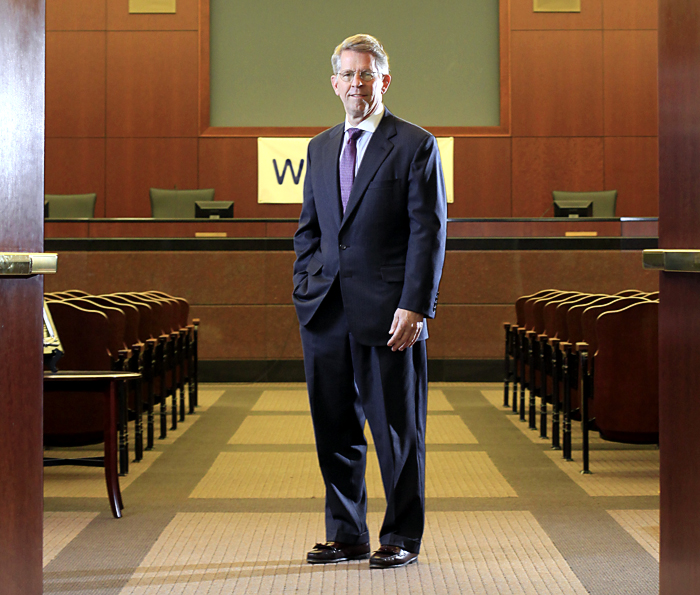Dalton, Ga., lowers millage rate again
Friday, January 1, 1904
DALTON, Ga. -- The Dalton City Council voted unanimously to lower the city's millage rate for the fourth time in the last five years, a 23 percent decrease since 2006.
During its regular meeting Monday night, the council set the net millage rate at 2.780 for this year, compared with 2.875 last year. The net rate was 3.621 in 2006.
Mayor David Pennington praised the tax reduction, saying it is making Dalton competitive for business. Pennington has pushed to cut city spending and taxes since taking office in January 2008.
"We want to make this the best place in Georgia to do business," he said. "We aren't there yet, but we are well on our way."
Pennington also thanked department leaders for their efforts to cut costs. He said services have not decreased despite the cuts made in the last four years.
The city expects to bring in about $9.2 million in revenue this year, a decrease of nearly $440,000 compared with last year.
That decrease is partially because of reducing the millage rate, but also because property values in the city have declined more than $9 million since last year.
Property values in the city have dropped by more than $300 million since 2008, according to information from the Whitfield County tax assessor's office.
During Monday's meeting, City Council members also heard Elyse Cochran talk about the need to educate voters on a tax referendum that will be on the ballot in November.
County and city leaders approved the referendum measure in the spring, and voters will decide in November whether to allow officials to create special tax districts as a means to entice developers to the area.
Cochran said the wording on the ballot, which is dictated by state law, is confusing, and she is concerned that voters may not understand the implications of the referendum.
The tax allocation districts, known as TADs, use an increase in property and/or sales tax to pay for development in the defined area. The tax districts increase chances the county will be able to attract larger retailers, but also can be used for a broad umbrella of new development and community improvements.
"We need to educate the community on what this referendum really is," Cochran told the council members.
The referendum does not need to pass in the entire county to be implemented in individual areas, she said. For example, if Dalton voters pass the referendum, but Whitfield County voters do not, it will only be able to be used in Dalton.
Contact staff writer Mariann Martin at mmartin@timesfreepress.com or 706-980-5824.

